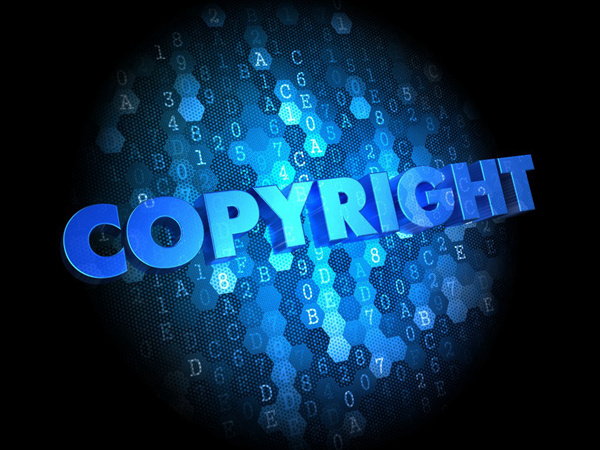Alec Radford, a researcher who has been involved in the development of several core artificial intelligence technologies in OpenAI, was recently called in a copyright case against OpenAI. Radford received a subpoena on Feb. 25, according to court documents filed in the U.S. District Court on Tuesday.
Radford left OpenAI late last year to start independent research. He is the lead author of OpenAI's pioneering research paper Generative Pre-trained Transformers (GPT), a technology that is the foundation of OpenAI's most popular products, namely the AI chat platform ChatGPT. Radford joined OpenAI in 2016, exactly one year after the company was founded. During his time at the company, he participated in the research and development of multiple GPT series models, as well as the speech recognition model Whisper and the image generation model DALL-E.
The copyright case, titled "Related to OpenAI ChatGPT Litigation", was filed by a group of book authors, including Paul Trembray, Sarah Silverman and Michael Chabon. They claimed that OpenAI violated their copyright while training its AI models and accused ChatGPT of not giving proper attribution when citing their work.

Last year, the court dismissed two claims filed by the plaintiff against OpenAI, but allowed claims against direct infringement to continue. OpenAI insists that using copyrighted data for training falls within the scope of reasonable use.
In addition to Radford, the author's lawyer team also tried to summon several other well-known people, especially two former OpenAI employees, Dario Amodai and Benjamin Mann, who were attracted attention for leaving the company to set up Anthropic. Amodai and Mann objected to the summons, believing that these requirements were too cumbersome.
This week, a U.S. district magistrate ruled that Amodai had to be asked for hours of inquiries about his work at OpenAI, involving two copyright cases, including those filed by the Authors’ Guild.